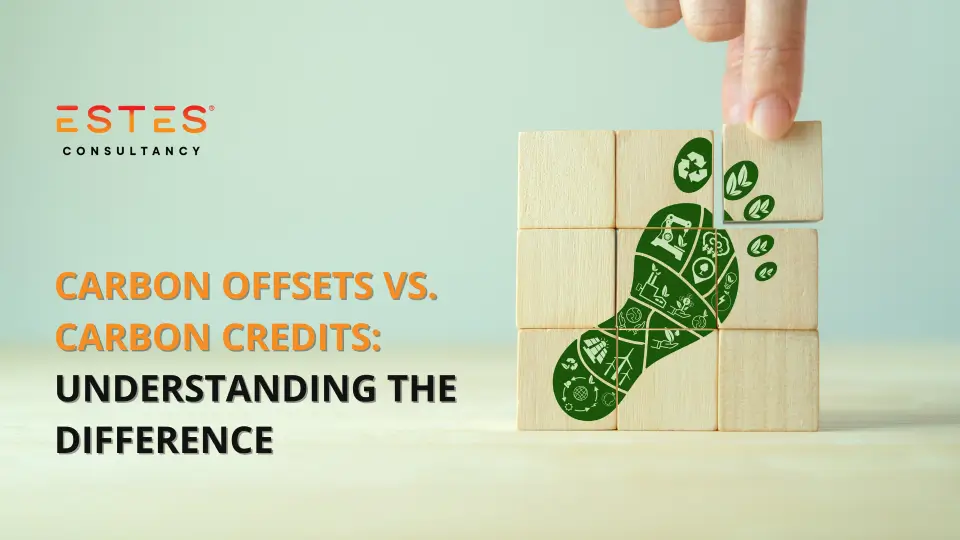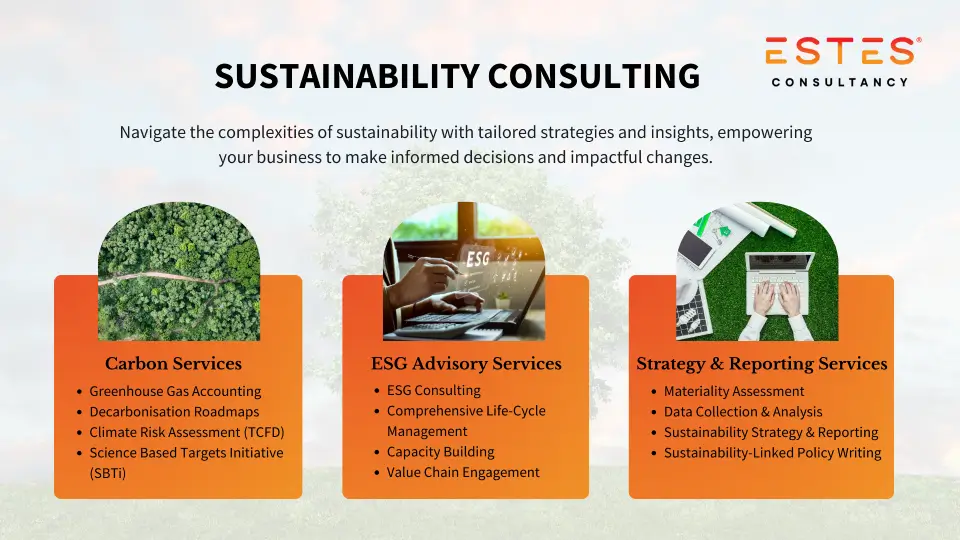
As businesses across the globe increasingly focus on reducing their environmental impact, two terms often come up: carbon credits and carbon offsets. Though they sound similar, these mechanisms differ in how they contribute to mitigating climate change. Understanding these distinctions is essential for companies aiming to adopt greener practices and achieve net-zero goals.
A carbon credit is a tradable permit representing the right to emit one ton of carbon dioxide (CO2) or the equivalent amount of a different greenhouse gas. Governments or regulatory bodies typically issue these credits to industries as part of a cap-and-trade system. Under this system, companies are assigned a specific carbon emission limit, or cap. If a business exceeds this cap, it must buy extra carbon credits from other companies that have emitted less than their quota.
Carbon credits function as part of a regulated market, providing financial incentives for industries to lower their emissions. A business that reduces emissions below its assigned cap can sell its surplus credits to other companies. By doing so, industries that are better equipped to cut emissions can benefit financially, while those that struggle with reduction are encouraged to invest in greener technologies or practices.
A carbon offset refers to a reduction in greenhouse gas emissions made elsewhere to compensate for emissions a business or individual cannot avoid. Unlike carbon credits, which are part of regulatory frameworks, carbon offsets are usually part of voluntary markets. When companies or individuals purchase offsets, they are funding projects that reduce emissions globally, such as reforestation, renewable energy projects, or methane capture from landfills.
Offsets essentially allow entities to neutralize their carbon footprint by supporting projects that pull an equivalent amount of carbon dioxide out of the atmosphere. While offsets don’t reduce a company’s direct emissions, they help balance the overall level of greenhouse gases released.
| Category | Carbon Credits | Carbon Offsets |
| Market Type | Regulated markets (use cap-and-trade systems regulated by governments) | Voluntary markets (for businesses or individuals to reduce their carbon footprint) |
| Purpose | Limits the total emissions of industries, companies trade unused allowances | Compensates for emissions by funding projects that reduce or remove emissions |
| Mechanism | Creates a compliance-driven market for emission reductions | Funds projects like reforestation or renewable energy to balance out emissions |
| Emission Caps | Tied to specific emission caps set by governments or regulatory bodies | No emission caps, allows flexibility in reducing carbon footprint beyond regulation |
| Primary Application | Large industries (e.g., energy, manufacturing, aviation) bound by emission caps | Businesses and individuals seeking to balance out emissions voluntarily |

The Taskforce on Scaling Voluntary Carbon Markets (TSVCM), supported by the Institute of International Finance (IIF) with expertise from McKinsey, projects that the demand for carbon credits could skyrocket, increasing by 15 times or more by 2030, and by as much as 100 times by 2050. By 2030, the carbon credits market is expected to be valued at over $50 billion, driven by the growing need for businesses to offset their emissions and meet sustainability goals.
Source: McKinsey Sustainability
How Carbon Credits and Offsets Contribute to Sustainability
Both carbon credits and offsets serve important roles in the global push to reduce carbon emissions. By regulating emissions through cap-and-trade systems, credits incentivize businesses to adopt greener practices and limit the amount of carbon dioxide released into the atmosphere. Offsets, meanwhile, provide a pathway for businesses and individuals to take responsibility for emissions they cannot easily eliminate, ensuring that investment flows into projects aimed at combating climate change.
When used together, these mechanisms can create a more comprehensive approach to achieving climate goals. For instance, a company might reduce its direct emissions through internal efforts but also invest in carbon offset projects to neutralize the remaining emissions that are difficult to eliminate.

Estes Consultancy specializes in providing customized sustainability consulting services, tailored to meet the specific needs of each business. By understanding the unique operational goals and challenges of our clients, we provide targeted solutions that integrate eco-friendly practices and support long-term sustainability objectives. We guide companies through every aspect of carbon emissions reporting, ensuring compliance with both local and international standards. Our approach helps businesses to effectively manage their carbon footprints while embracing the shift towards sustainability.
Whether you’re seeking sustainability reporting services to enhance transparency or an SME looking for tailored sustainability reporting guidance, our consultants have the expertise to help you meet your sustainability goals. We assist in developing sustainability reports that not only comply with regulatory requirements but also showcase your company’s environmental impact in a positive light. From managing carbon footprints to selecting the right carbon offset projects, Estes Consultancy can guide your journey toward a more sustainable, net-zero future.
In addition, we help businesses navigate carbon reporting in Singapore and understand their responsibilities in the evolving regulatory landscape. Our team provides support in identifying cost-efficient and practical strategies to reduce your carbon emissions while maintaining operational excellence.
Take the first step towards a greener future by partnering with Estes Consultancy. Let us guide you in building a sustainable business model that supports long-term profitability and environmental responsibility. Reach out to our sustainability report consultants today and see how we can help you achieve success in your sustainability journey.



Built by: Blink